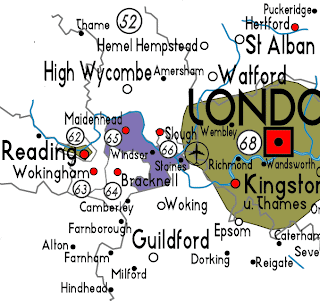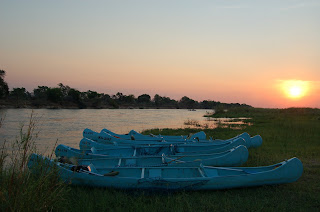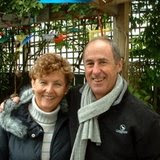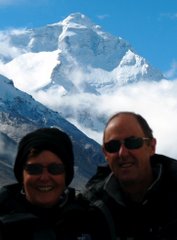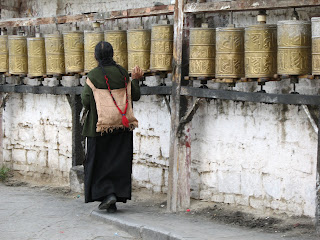
8th December 2006 - Swakopmund
Oscar Wilde said that life, (even an Odyssey) was much too important to be taken seriously. And of course, he was right. So for those of you who have been following our Off Road Odyssey Blog, and inspired by our example, may now be considering throwing caution to the wind and taking your own personal Odyssey, here are a few important things you need to bear in mind:
1/ Have some clear idea of where you are going and how you will know when you’ve arrived
To be sure of getting anywhere, especially when you’re on an Odyssey, you need two things, direction and drive. Without drive your boat will never leave the harbour and without direction you’ll just scoot around all over the place, like we have done for the last several years, till either fate, or happy circumstance brings you home again.
2/ Understand that the Odyssey has a mind of its own
When Moses stood at the banks of the Red Sea it was not him but God who decided the direction of his Odyssey by ripping the heart out of the Red Sea. And it was Moses' fear of Pharoh’s armies, rather than any strategic genius on his part, that propelled him and his followers into the desert for the next 40 years. He was simply responding to what was already going on around him.
Like Moses, we thought we were setting our own agenda as well. We were off to Ireland in search of our roots. In reality, our Odyssey had already begun several months earlier on 6th May 1999 with the tragic and unexpected death of our youngest daughter, Mary-Anne. Even though neither of us were strangers to deep personal tragedy in our lives, the pain of losing a child was so great that running, as Moses did, seemed the best escape route available to us. So, responding to what was already going on around us, we left port early the following year, bearing north by north west across the sub-continent and the Middle East to Ireland.
Today, more than 50 countries and almost seven years later, having practically filled two passports apiece, spent over nine months on the back of various overland trucks, suffered hair loss, wrinkles, diminished hearing and having aged considerably, we find that our ‘wandering barque’ is steering its own course back to port, unaided. Seven years ago we set out, like Abraham and his wife, ‘not knowing where he was going.’ During that time we have journeyed from the earth's lowest point (Dead Sea) to its highest (Everest), experienced every shade of emotion known to mankind, visited (and lived with) some of the world's poorest and most privileged people and finally arrived at a point where we can return, not in grief or loss, but in strength to celebrate the birth of our first grand daughter, Su-Jin and to begin building a new life there for ourselves too.
3/ Realise that the Odyssey never ends . . . .
. . . and that the journey and the destination are one and the same thing. That returning home simply opens up a new chapter where there is still more to learn and many new adventures to enjoy. So we will continue to post to our blog site.
We cherish the many friends we have made along the way in Ireland, Albania and Maidenhead and are especially grateful to our long suffering children; Lisa, Ciara, Gina and Sean (and families) who have accommodated our eccentricities graciously and lovingly over the past seven years. Hopefully the passage of time will now allow us to renew relationships as equal adults now, rather than those of simply parent and child.
Almost fourteen years ago we discovered a verse from the Hebrew prophet, Jeremiah (Jer 29:11) which has continually proven itself a truism for us. Speaking to Israel, (at the time in a desert place themselves) God said, through the prophet, I know the plans I have for you, plans for prosperity and not despair, plans to give you a future and a hope'.
That promise remains at the heart of our Odyssey, wherever it may lead us, and it’s our wish for you this Christmas.
Merry Christmas and a future full of hope.
